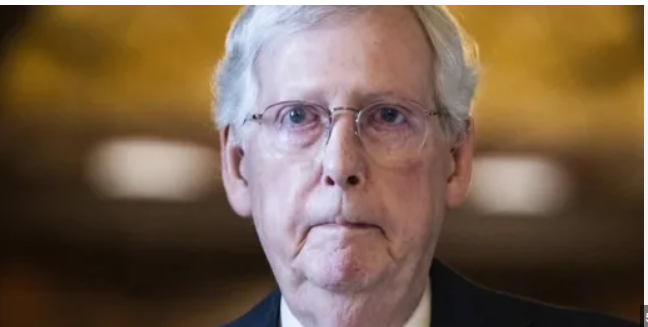In a moment that seemed almost surreal, Donald Trump, the former President of the United States and a leading contender for the Republican presidential nomination, took the stand in a New York federal court. The occasion marked a significant chapter in the ongoing civil defamation trial brought against him by writer E. Jean Carroll. Amid the legal and political spectacle, the courtroom became the stage for an event that left onlookers in disbelief.
A Testimony Under the Spotlight
As Trump testified in his defense, the courtroom’s atmosphere was charged with anticipation. Allowed by his attorney to answer just one pivotal question – whether he stood by his deposition – Trump’s affirmative response, “100%,” was a moment of high drama. However, his subsequent comments, dismissing Carroll’s allegations as false, were immediately stricken from the record, underlining the tight constraints under which his testimony was delivered.
The legal proceedings leading up to this moment were fraught with tension between Trump’s legal team and the presiding judge. The judge had firmly warned against re-litigating the previous trial’s findings, where Trump was found liable for sexually abusing Carroll and defaming her in later years. This backdrop made Trump’s testimony all the more momentous, a rare occurrence where a figure of his political stature is called to account in such a public and legal forum.
The trial’s dynamics were further complicated by the introduction of evidence by Carroll’s attorneys, including Trump’s statements from a post-trial press conference and an interview on a right-wing news platform, which were presented as instances of continued defamation against Carroll. Moreover, clips from Trump’s deposition, especially a mix-up identifying Carroll, were highlighted as potentially damaging to the defense.
As the trial moves towards its closing arguments, the legal and public scrutiny of Trump’s testimony and its implications are immense. The questions allowed by the judge, and the parts of Trump’s answers that were stricken, reflect the delicate balance the court seeks to maintain between ensuring a fair trial and recognizing the already established facts from the previous trial.
Inside the courtroom, the reaction to Trump’s testimony was palpable. Observers and legal analysts alike were taken aback by the decision to have Trump testify, given the restrictions imposed by the court. This strategic move by the defense, allowing Trump to assert his adherence to his deposition while navigating the legal limitations set by the judge, underscores the complexities of defamation trials involving high-profile figures.
The trial not only revisits the serious allegations made by Carroll but also casts a spotlight on Trump’s conduct and the broader implications of his public statements. The inclusion of evidence from Trump’s other legal battles, including his deposition in a civil fraud case, serves to underline the financial stakes involved and the potential impact of the trial’s outcome on Trump’s fortunes.
As the trial progresses, the legal strategies employed by both sides, the evidence presented, and the jury’s reception of Trump’s brief testimony will be critical in shaping the final verdict. The case against Trump, set against the backdrop of his political ambitions and the ongoing debates around accountability and defamation, represents a pivotal moment in the intersection of law, politics, and public life.
Read More:
- Lukeville Port Closure Migrant Surge and Economic Impact in Arizona
- Beyond the Beauty: Understanding the Perils in Gila County, Arizona’s Riskiest Areas
- Navajo County: An In-Depth Analysis of Crime Trends Across Arizona’s Diverse Neighborhoods
The anticipation for the closing arguments is high, with the legal community and the public keenly awaiting the conclusions that will be drawn from this unprecedented legal confrontation. The outcome of this trial could have far-reaching consequences, not only for the individuals directly involved but also for the broader discourse on defamation, accountability, and the legal challenges faced by public figures in the spotlight.

